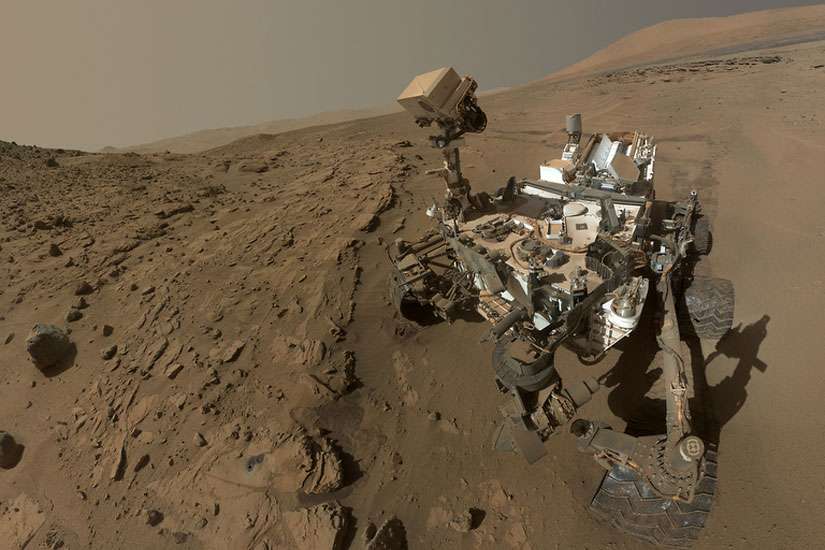The "opening of outer space for scientific and peaceful research be for the benefit of all of us," Archbishop Bernardito Auza, the Holy See's permanent observer to the UN, said Oct. 19 during a meeting of the General Assembly.
The archbishop pointed to Pope Francis' encyclical,"Laudato Si': On Care for Our Common Home, as well as St. Francis' "The Canticle of the Creatures" for words to help the world understand that space also is the common home of the human family.
He acknowledged that obstacles exist to universal access to the benefits of space technology, such as the need for returns on investment in space technology and questions related to patents and intellectual property rights for inventions and discoveries. But the archbishop also cautioned that the lives of people are at stake should certain benefits derived from satellites circling the globe related to climate, weather, communication and transportation be restricted to a few countries.
"In a time when outer space has become a huge economic asset and hosts information and communications technologies potentially beneficial to all without exception, states must work together to ensure that these benefits do not become yet another cause of increasing economic and social inequalities. They need to become a shared resource for the common good and contribute to sustainable development of the entire global community," Auza said.
Citing concerns that space technology can be "manipulated or attacked to cause chaos or even catastrophic disasters," Auza also called on world leaders to adopt an International Code of Conduct for Space Activities that would ensure "fairer and safer uses" of space.
The European Union proposed such a code in 2013. No action has been taken on it by the UN.


